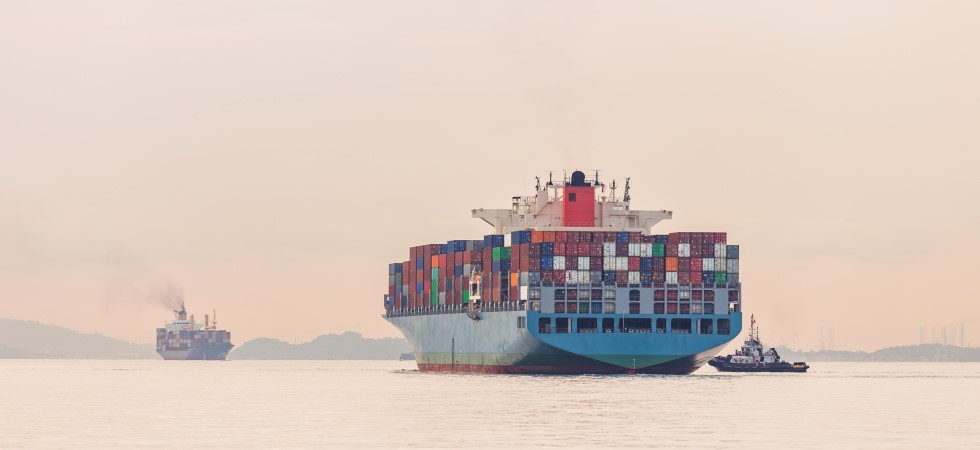Despite a drop in trade with the European Union, UK food and drink manufacturers are searching for new trading opportunities further afield, according to new research by the Food and Drink Federation (FDF).
The FDF’s Trade Snapshot examines the latest developments in the UK’s exports and imports of food and drink in 2021. Key findings from the report include:
Sales to non-EU countries grew over 8% compared to 2020. This was driven by a strong recovery in exports of whisky (+18.7%) and salmon (+20.6%), and with breakfast cereals and soft drinks back above pre-pandemic levels.
Exports to East Asia are recovering faster than in most other regions, with exports to China of food and drink worth over £800 million and close to overtaking imports. The boom has been aided by a new UK-Japan trade agreement entering into force in 2021.
The report highlights that Israel is an important trade partner for UK food and drink companies, with potential to expand UK trade with Israel through the renegotiation of the existing preferential trade agreement. FDF point to growth in both exports (+26%) and imports (+22%) with the country since 2020.
In Central and South America, the food and drink sector saw exports increase by 62% since 2020 – above pre-pandemic levels.
The FDF report states: “With the UK government rightly determined to improve the performance of food and drink on the global stage, we anticipate further new opportunities for UK exporters to emerge overseas over the coming years. However, a key priority for our sector remains improving the implementation of the UK-EU trade agreement. Sales to the EU fell by 12% compared to 2020, with much of the drop in the first quarter of 2021 when many UK businesses paused movements and supplied customers with stockpiled goods. The FDF’s research shows there were significant improvements towards the middle and end of the year.
“One unknown is the impact of the war in Ukraine. Already we are seeing the conflict push up energy prices and impact on supplies of certain key ingredients, including vegetable oils, cereals and white fish, all of which are vital for many of our importers.”
The Food and Drink Federation’s chief executive Karen Betts commented: “These figures are encouraging, with rises in UK food and drink exports across the Americas and in Asia. Less good was our export performance in established markets in Europe and Australasia. But we have a good base to build on, and the FDF is committed to working closely with the UK government and devolved administrations to ensure that their weight is fully behind further building exports in great British food and drink.
“The war in Ukraine is likely, however, to negatively impact our businesses’ trading ambitions, at least in the near term, with supply chains and trade routes disrupted. That underscores the need for business and government to work closely together, ensuring that companies can develop new markets and seize new opportunities in a difficult economic environment, to underpin their resilience.”
John Whitehead OBE, director of the Food & Drink Exporters Association (FDEA), said: “We are pleased to see that exports are recovering in certain regions and in selected product categories. Finding customers in new markets is particularly challenging at a time when supply chain issues, shipping costs and inflation are impacting pricing, and our members continue to report major issues with bureaucracy as they strive to retain sales and win new business.
“With travel now opening up, our team is rebuilding its programme of UK groups at international trade shows to connect UK exporters with potential partners across the US, Europe, Japan and ASEAN countries all of which have great potential. We urge government to increase its support for trade shows, a vital tool in accelerating international growth.”









